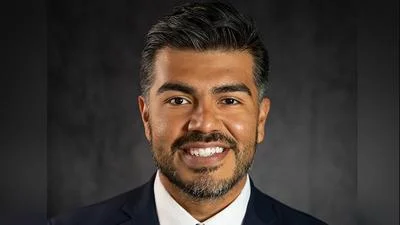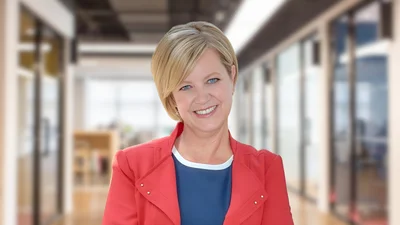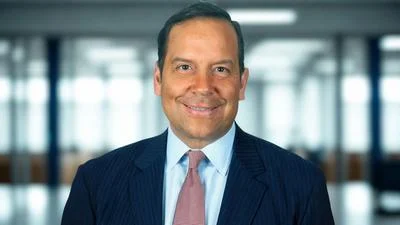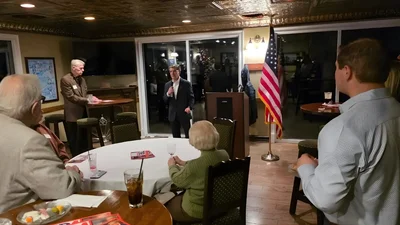“It’s not our problem.”
I hate those four words more than any others strung together in the English language.
It’s an excuse for looking away.
Decades ago, when I was a young reporter, I had just taken a new job with a newspaper and the staff was excited to soon be moving into a new building. One cold December night, a desperate woman called. She was in labor, and in that era before cell phones, couldn’t get a hold of her husband who was working construction in the building we were moving into.
It was past midnight and she didn’t know if we could reach him. I told my boss that I was caught up with my work and could drive the three blocks to the construction site to get him.
The boss looked at me and said, “It’s not our problem.” He ordered me to tell her we couldn’t help.
More than three decades later, I’m haunted by that conversation. I had been on the job for all of six weeks or so. I should have told the boss “no.” But I didn’t. Instead, I sat at my desk until 1 a.m. knowing I had betrayed not only my own values, but those in which I had been reared.
I grew up in a home where I never heard that phrase. Early on, my parents taught my siblings and me that we are our brother and sister’s keeper.
I remember when I was a teenager, my Dad was driving through a rough neighborhood in my hometown of Galesburg. He saw an older woman lying on a sidewalk. Cars were buzzing by her prone form. He stopped and found she had fallen and broken her hip.
He took five pairs of clean coveralls from his truck and created pillows for her to be comfortable and had someone call an ambulance. He stayed with her until the paramedics carried her – and the coveralls – away.
Helping others means making sacrifices and getting your hands dirty. It’s not always as antiseptic as writing a check to a charity, although sometimes that is part of the solution.
While we may disagree on how best to help someone, we should never delude ourselves that we don’t have such an obligation.
Sometimes we have to say “No” to those in authority and pay the price. I should have done that decades ago but I didn’t.
How did things end up for that woman in labor? I have no idea. That’s what happens when you look away. You don’t know how the story ends. As for the editor who said “It’s not our problem” he was out of journalism within a year.
My Millennial friends like to talk about “trigger words” that resurrect past traumas. I’ll be honest, I’ve long thought that was New Age gobbledygook.
But then I heard someone say, “It’s not our problem,” and memories of that cold December night in 1989 returned to me. The most offensive part of that phrase is “our.” It identifies a person with a group, a clan, a race, an employer – that sets itself apart from others. The inference in the statement is if the person was part of “our” group, they’d deserve help. But otherwise, “It’s not ‘our’ problem.”
The Bible story about the Good Samaritan isn’t just about helping others, it’s about reaching across racial, cultural and economic boundaries to aid those from groups other than our own.
Today, I carry two gallons of gasoline, a jack and host of tools in the back of my pickup to assist stranded motorists.
Sometimes I’m able to help change a tire or give someone enough gas to make it to a service station. One time, I just sat with a young man while his car was engulfed in flames alongside Interstate 55. I couldn’t help him much, but at least he knew someone cared.
When I think back 32 years to that woman whom I didn’t help, I’m haunted by my inaction. A sin of omission is as bad as one of commission.
How do we teach our children not to repeat the kind of mistake I made? I’ve been wrestling with that as part of my 2021 resolutions. So, I asked my daughters if they would like to help stock mini-pantries or “blessing boxes” around Springfield.
They embraced the idea with enthusiasm. During this pandemic, many hard-working families are in need. Those who can, should help out.
Beginning this week, I’ll take my girls to the grocery store to buy food that we’ll leave at small stands across the city for families to anonymously use.
Why am I doing this? Well, we want to help others. But I also don’t want my children to grow up to ever say, “It’s not ‘our’ problem.”
Scott Reeder is a veteran statehouse journalist. He works as a freelance reporter in the Springfield area. Scottreeder1965@gmail.com





 Alerts Sign-up
Alerts Sign-up